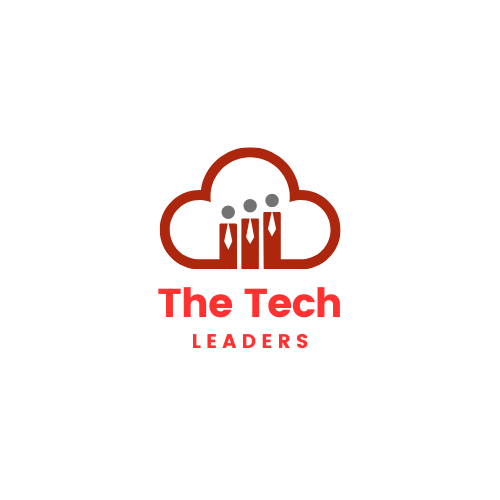Think back to the year 2010. If you had told someone that one of the most in-demand and lucrative jobs of the next decade would be a “Cloud Solutions Architect” or a “Social Media Manager,” you might have been met with a blank stare. These roles, which are central to today’s economy, simply didn’t exist in the mainstream.
Today, we are standing on the precipice of an even greater transformation, driven by the exponential rise of Artificial Intelligence. The jobs of 2035 are being forged in the AI labs of today, and many of them don’t have names yet. We can only guess at titles like “AI Journey Orchestrator,” “Autonomous Systems Ethicist,” or “Generative AI Art Director.”
This raises a critical question for every ambitious professional: How do you prepare for a job that doesn’t exist yet?
The answer doesn’t lie in learning a single, specific skill that might become obsolete overnight. It lies in building a deep, foundational understanding of the technology that is driving the change. This is why enrolling in high-quality artificial intelligence courses has become the single most effective strategy for future-proofing your career.
The Futurist’s Toolkit: Core Skills That Transcend Job Titles
The pace of change is dizzying. A specific AI model or software tool that is popular today could be replaced by a more advanced version in six months. A job that is in high demand now might be automated in three years.
This is why the best educational programs don’t just teach you how to use today’s tools. They teach you the fundamental principles that will allow you to understand and adapt to tomorrow’s tools. A structured course provides a “futurist’s toolkit” of durable skills that will remain valuable no matter how the job market evolves.
These core skills include:
- Foundational AI/ML Principles: Understanding the core concepts of machine learning, like supervised vs. unsupervised learning, regression, and classification, is like learning the grammar of a new language. Even as the vocabulary (the specific models) changes, the grammatical rules remain the same. This foundational knowledge, a cornerstone of all credible artificial intelligence courses, allows you to quickly grasp new technologies as they emerge.
- Data Literacy and Critical Thinking: At its heart, AI runs on data. A formal course teaches you how to think critically about data: how to collect it, how to clean it, how to interpret it, and, most importantly, how to question it. You learn to spot biases in a dataset and to understand the limitations of an AI’s output. This skill of data-driven critical thinking is timeless and will be essential for any future leadership role.
- Problem Decomposition: This is the art of taking a large, complex business problem and breaking it down into smaller, manageable pieces that an AI can help solve. It’s a strategic skill that separates a mere user of AI from a true AI-powered problem-solver. This is a skill that is honed through project-based learning, a key feature of the top AI courses in India and around the world.
- Ethical and Responsible AI Governance: As AI becomes more powerful and autonomous, the need for human oversight and ethical governance will grow exponentially. Future jobs will require professionals who can design, manage, and audit AI systems to ensure they are fair, transparent, and safe. A formal course provides the essential frameworks for Responsible AI, preparing you for the critical role of being the human-in-the-loop.
From “What Is?” to “What If?”: The Power of a Project-Based Education
The most effective way to prepare for the future is not by memorizing facts, but by learning how to build. The best artificial intelligence courses are intensely project-based. They push you to move beyond the theoretical “What is AI?” to the practical and innovative “What if we used AI to…?”
- What if we used AI to predict supply chain disruptions before they happen?
- What if we used generative AI to create personalized physical therapy plans?
- What if we used computer vision to monitor crop health in real-time?
By working on these kinds of real-world projects, you are not just learning a technical skill. You are training your mind to think like an innovator. You are building a portfolio that demonstrates your ability to apply technology to solve novel problems, the single most valuable skill in a rapidly changing world. This hands-on experience is what makes graduates of the top AI courses in India so sought-after by employers.
Conclusion: Becoming an Architect of the Future
You cannot predict the exact job titles of the future, but you can predict the skills that will be required. The future of work belongs to those who are adaptable, who are critical thinkers, and who can effectively partner with intelligent machines to solve complex problems.
Investing in a structured AI education is the most direct path to acquiring these durable skills. It is your preparation for a future that is still being written. It equips you to be not just a participant in the AI revolution, but an architect of it, ready to step into the exciting and valuable jobs that, today, we can only begin to imagine.

